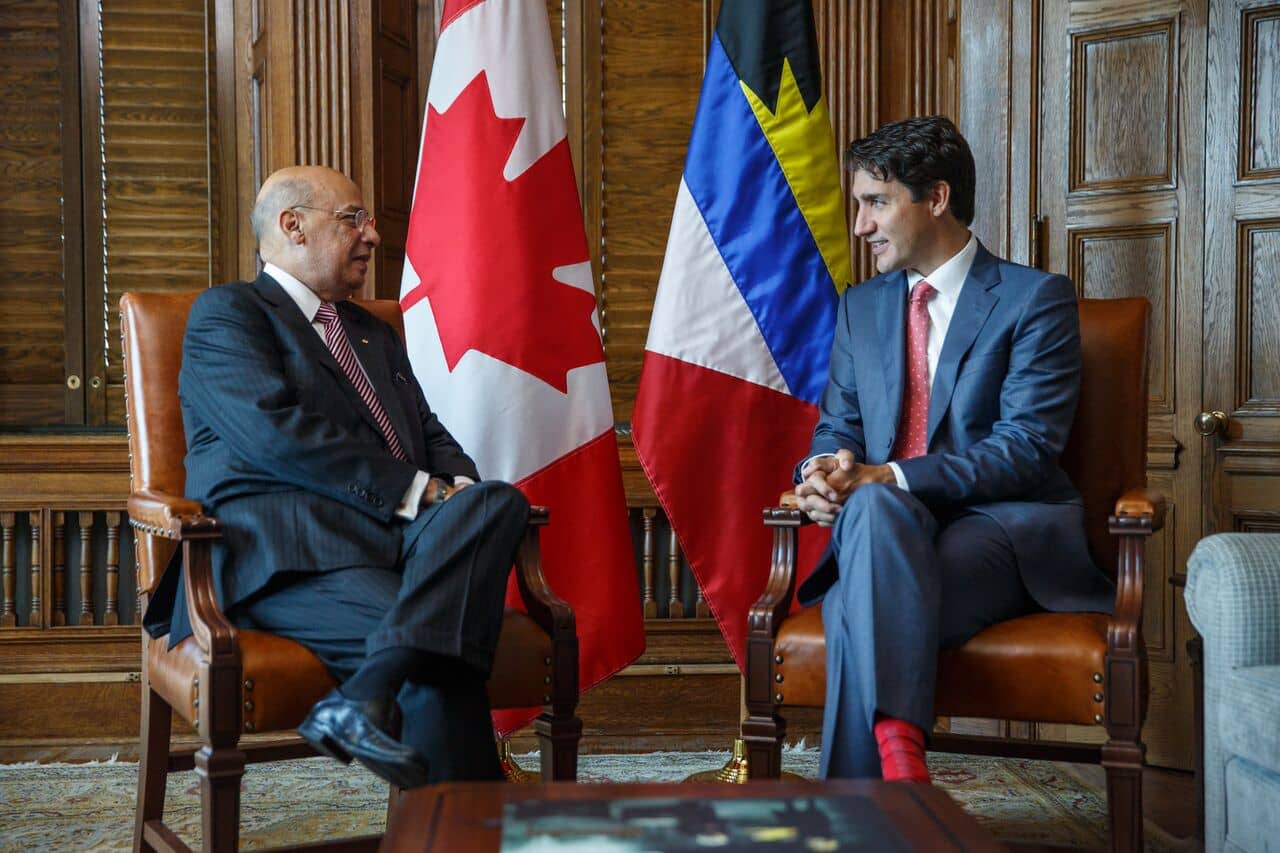
Jamaicans top the number of migrants making their way to Canada from the Caribbean region, data from Immigration, Refugees and Citizenship Canada (IRCC) has revealed.
Some 21,215 Jamaicans have acquired permanent resident status in the North American country, accounting for 45 per cent of the 47,265 Caricom nationals who have immigrated there since 2015.
Haiti followed with 12,885 nationals immigrating, Guyana 2,605; Trinidad and Tobago 2,525; St Vincent and the Grenadines 2,310; St Lucia 1,970; Barbados 985; The Bahamas 845; Grenada 615; Antigua 455; Belize 380; Dominica 215; St Kitts and Nevis 185; while Suriname accounted for 55.
The IRCC data, requested by the Jamaica Observer, showed that in 2015, 3,415 Jamaicans packed for Canada; 3,560 left in 2016; 3,830 in 2017; 3,875 in 2018, 3,980 in 2019, 2,030 in 2020; and 525 between January and March 2021.
It is believed that economic challenges in addition to the country’s high crime rate are the push factors behind the steady exodus.
The IRCC data showed that most Jamaicans immigrated through sponsorship from a spouse or partner under the Federal Skills Trade Program or the Federal Skilled Worker Program.
The Federal Skilled Worker Program is for skilled workers with foreign work experience who want to immigrate to Canada permanently, while the Federal Skilled Trades Program (Express Entry) caters to skilled workers who want to become permanent residents based on being qualified in a skilled trade.
Since 2015, the majority of Jamaicans (785) invited to apply to provinces under the country’s Federal Skilled Trades Program (Express Entry) acquired permanent resident status in New Brunswick, one of the least populated provinces in the country. Vancouver and Ontario accounted for the lowest.
Immigration consultant Renee Braham-Gordon singled out health-care and economic stability as the two most common reasons for Jamaicans resettling in Canada.
The Jamaican, who is managing director of MEIA Immigration Consulting Inc, explained that the country offers universal health care to citizens and permanent residents through a public health insurance scheme. With it, the two groups do not have to pay for most health-care services.
Braham-Gordon, who lives and operates out of Canada, noted also that education and cultural diversity are other factors that account for relocation.
“Canada needs immigrants. They need people to work and people are willing to come and do that. There is always employment here. It may not be in the field that you want, but employment is always here. We’re the second-largest country in the world by land mass and the government needs people to occupy and work in these different areas and spaces.
“So, even though the population is now estimated at 37.5 million, people are needed. When you go to the countrysides you get a better understanding of how much human capital is needed. We need people to farm, we need people for construction and so much more. At one point they were paying people to move to certain areas in the country,” Braham-Gordon told the Sunday Observer in an interview last week.
“People come here also to secure their kid’s future, because here, where education is concerned, what an international student will pay for tuition is sometimes three, four or five times [more] than what a domestic student will pay. So to give their children that opportunity persons migrate,” she added.
Advertise with the mоѕt vіѕіtеd nеwѕ ѕіtе іn Antigua!
We offer fully customizable and flexible digital marketing packages.
Contact us at [email protected]

















Majority of the Antiguas that did, are actually only 1st generation Antiguans and Natualized Antiguans that makes up most of that number because I’m familiar with the route they take.
“Canada needs immigrants. They need people to work and people are willing to come and do that. There is always employment here. It may not be in the field that you want, but employment is always here. We’re the second-largest country in the world by land mass and the government needs people to occupy and work in these different areas and spaces.”
They only need you for the menial tasks that Canadians think are beneath them……farm workers, construction, elderly care etc. What’s the sense in coming to work in a field that is not my passion? Just to say that I am working in Canada and fingers crossed I am granted Permanent Residency? There will come a time when Canada will need us more than we need them.
Flying to Canada
At this time, to prevent the spread of COVID-19, you must book and pay for a 3-night hotel stopover before you arrive in Canada. You’ll stay at the government-authorized hotel while you await your arrival test results.
This applies even if you have:
been vaccinated for COVID-19
tested negative for COVID-19 on your pre-entry test
https://www.canada.ca/en/public-health/services/diseases/2019-novel-coronavirus-infection/latest-travel-health-advice/mandatory-hotel-stay-air-travellers/list-government-authorized-hotels-booking.html
Trudeau announced a new mandatory PCR testing requirement at airports for people returning to Canada – and said that while these travellers wait for this COVID-19 test result, they’ll be forced to quarantine for up to three days at a designated hotel – on their own dime.
Trudeau added that the cost for this is “expected to be more than $2,000.”
“Those with negative test results will then be able to quarantine at home under significantly increased surveillance and enforcement,” Trudeau said.
https://globalnews.ca/news/7607191/covid-canada-international-travel-restrictions/
Comments are closed.